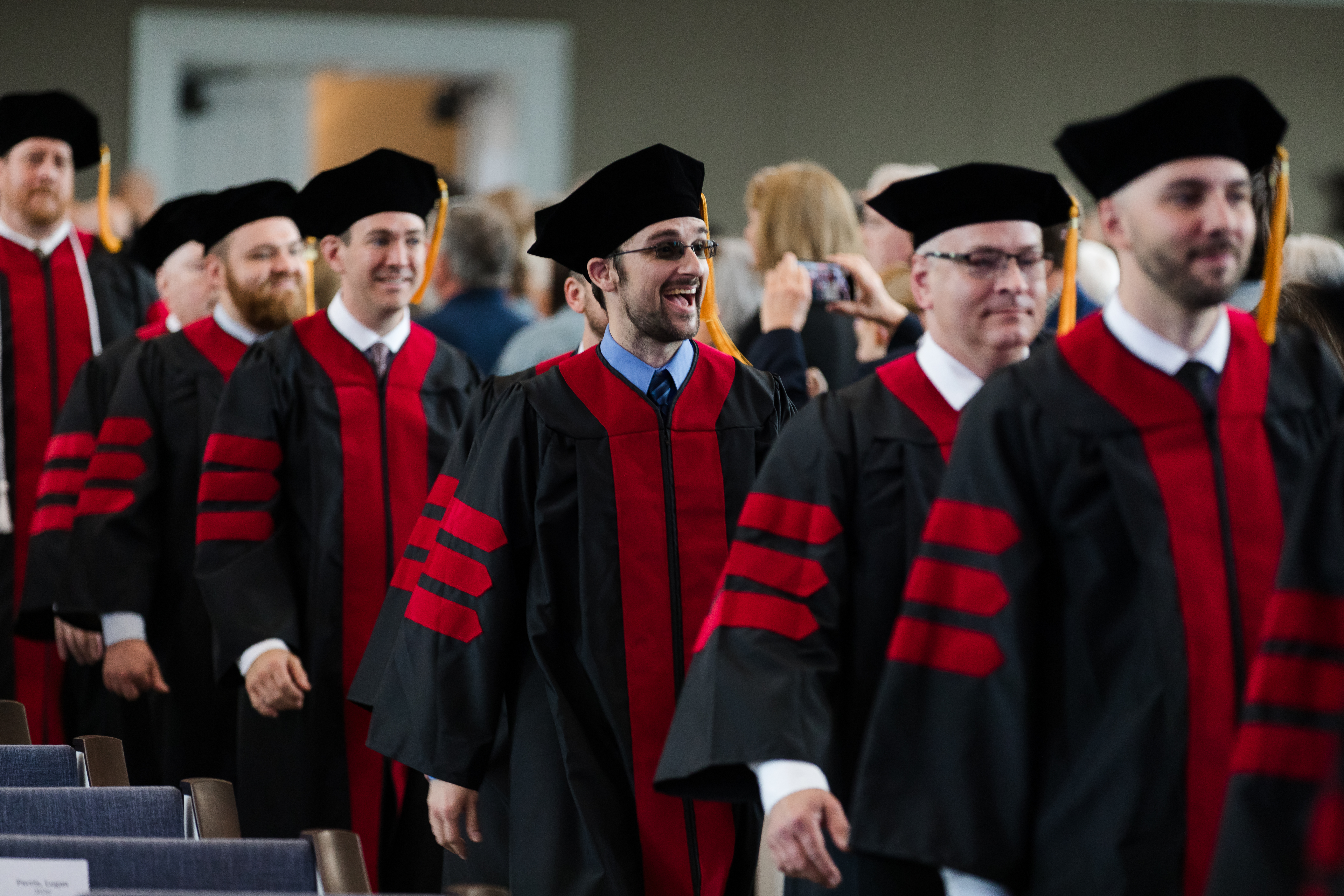Here, I want to offer five lessons I gleaned from running a faith at work module at my local church:
- Christians do not inherently see the goodness of work.
The first three chapters of Genesis are essential for the rest of the biblical story. Unless we understand what is going on in creation and the fall, we will not properly see the need for redemption and restoration. Likewise, unless we understand the creational good of work, and sin’s effect on it, we won’t understand God’s purpose in work. Many Christians view work as a result of the fall, rather than something that was cursed after the fall (Genesis 3:17-19). Work is good, but has been misdirected because of sin. As believers, we should seek to redirect work towards proper love of God and love of neighbor.
- The sacred/secular and pulpit/pew divide must be fought against.
This ultimately stems from a faulty understanding of the creation of work (Gen. 1:26-28; 2:15), and sin’s effect on work. If believers only see their jobs as a financial necessity, then it follows that there is both meaningful and insignificant work. Pastors, missionaries, and Christian non-profits do the good, meaningful, sacred kingdom work… everyone else is playing junior varsity. Not so! God utilizes all vocations, the pastor, the plumber, and the physician, to fight back against the darkness.
- Christians desire to see their work as meaningful.
Once the lightbulb switches on, believers begin to understand that their work matters to God. Beautiful passages such as Genesis 1:26-28 (alongside 2:15), Proverbs 31:10-31, Ephesians 6:5-9, and 1 Thessalonians 4:9-12 demonstrate that God has a beautiful design and plan for all work—preserving and developing creation, fueling it with faith, and ultimately pointing to the new creation. Work, done well, hints at the renewal to come (Revelation 21-22).
- Christians want tangible ways to integrate faith and work.
Once believers see the “why” of work, they will be hungry for the “how.” How does their faith inform their work in practical ways? While Christians should always seek to evangelize and disciple in the workplace, it would be inconsistent with the biblical story to leave the Christian’s responsibility at work there. Christians should work with excellence in every task, reminded of God’s glorious purpose in work, and seek to make the blessings of Christ flow as far as the curse is found.
- Pastors should keep Monday in mind during the Sunday sermon.
If pastors only inform members of how to operate in the church and family, we are doing them a disservice. When preaching, teaching, and counseling, pastors need to consider how to equip believers best to operate in their nine to fives; how to holistically think about their spiritual formation. If our sermons only prepare people for Sunday worship, but not for Monday meetings, we’re neglecting most of their lives.
God has a glorious plan for work. We, as people who bear the name of Christ, need to think through how to not only teach members a proper theology of work, but also equip them to integrate their faith at work. As Benjamin Quinn puts it, “every member wears a clerical collar.”[2]
Let us equip believers to fight back against the darkness in their vocations, glorifying God through every work (1 Corinthians 10:31). I probably will not convince my daughter to call me Dr. Dad… but if our churches begin to see their work through God’s eyes, that is a far better legacy.





No comments have been added.